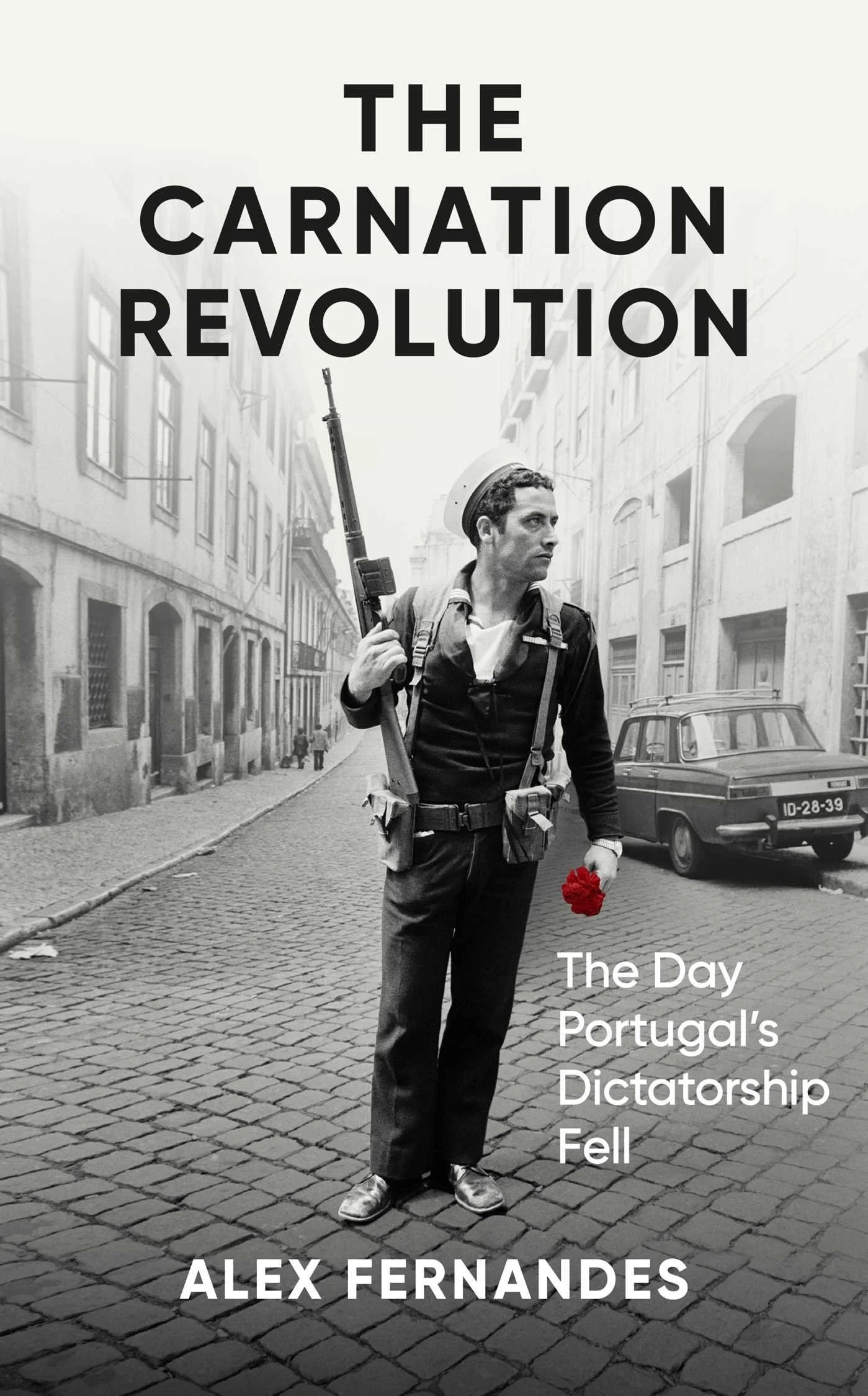Why is European cinema so different from Hollywood?
Fewer expensive car chases, more moody shots and ambiguous endings: movies made in Europe are often very different from those made in the US. But Europe's more arty film output isn't just a product of our culture — it has a lot to do with how the industry is financed. This week, we're asking: why is European cinema the way it is, and should we be trying to change it?
Pigeon murders, the nature restoration law, and Scandinavian family therapy
Enough politics: we’ve got a nature-themed episode for you this week. Producer Katz Laszlo joins Katy to explain how Austria’s environment minister went rogue to save the EU’s hugely important nature restoration law; we’re also talking about the German town that just voted to kill all its pigeons. And in the human world: the podcast that brings Scandinavians together in their own languages. Hilde Sandvik takes us behind the scenes of ‘Norsken, svensken og dansken’, a show described as family therapy for neighbouring nations.
Nepo great-great-great-grand-babies
We all know this continent has major issues with social mobility. But having a rich ancestor from *six centuries ago* shouldn't make it more likely that you're rich today... should it? This week we speak to Guglielmo Barone, one of the economists behind some fascinating research into this question in Florence. We're also talking about Ursula von der Leyen's 'jobs for the boys' scandal and the road to a shared European cycling policy.
What actually happens to Europe's recycling?
A lot of us are pretty diligent when it comes to throwing our plastic into the dedicated bin. But how much of that stuff actually gets recycled? This week we're digging into the truth behind Europe's trash with Nico Schmidt, reporter for Investigate Europe. We're also talking about Germany's massive anti-AfD protests, and Saudi sell-out Rafael Nadal.
Influencer fraud, liveable cities and the Israel taboo
We’re kicking off the new year with a heady mix of urban policy, cake-based scandal and political controversy. Find out which European city ranks as the most ‘liveable’ in Good Week, and dive into the fraud case embroiling Italian mega-influencer Chiara Ferragni in Bad Week. And in this week’s interview, hear from historian Quinn Slobodian about the parallel he sees between the current discourse around Israel-Palestine in Germany, and events 50 years ago.
Threads, solar and giant farming lobbies
How much sway do giant interest groups have over the way our food gets grown? This week we're delving into the murky world of farm lobbying with Thin Lei Win, one of the reporters behind a fascinating investigation into the highly influential Copa-Cogeca group. We're also talking about the mass FOMO outbreak resulting from Threads' absence from the EU and what the hell is going on with Europe's electricity prices right now.
Lakes and dogs
Calming things are much needed this week, so we're talking about lakes and we're talking about dogs. Our guest is the poet and author Kapka Kassabova, whose latest book To The Lake is a beautiful account of life on the borders of Greece, Albania and North Macedonia. We're also celebrating cleaner skies, human-canine relationships, and putting booze to good use.
Postcards from Europe: Fanya and the Forest
This week, Katy heads to the forest in Lithuania. Ahead of International Holocaust Memorial Day on January 27, we're talking about memory politics with a formidable 97-year-old.
What's going on in Malta?
“There are crooks everywhere you look now," Malta's top investigative journalist wrote on her blog in 2017. "The situation is desperate.” Half an hour later, Daphne Caruana Galizia was dead.
President of the European what now?
This week we travel to the heart of the continent to ask: who is Ursula, and should you give a damn about her?
Europe's colonial past and present
Europe's museums are facing growing calls to give back treasures stolen during the colonial era. But what about colonial hand-me-downs that can be found in ordinary households? Elliot Ross, who covers Everyday Colonialism for The Correspondent, is here to explain why this ugly part of our past is still very much a part of our present. We're also talking about a scandal that has been rocking Iceland and nuggets of good news for the planet.
The Other Europeans
This week we’re celebrating Europeans who refused to let boundaries get in the way of things. The historian Orlando Figes is here to talk about the continent-crossing lovers at the heart of his new book, the brilliantly-named ‘The Europeans’. The poet Christopher Hütmannsberger reads us a beautiful new work to mark 30 years since the fall of the Berlin Wall. Plus, wild borders and the Gentle Revolution.
A Polish teenage diarist
Renia's diary spent decades locked in a bank vault. Like many teenagers, she had used it to vent about stupid fights with her friends and to record the thrill of her first kiss. And when the war came, she used it to document the relentless killing of Jews in the town where she lived. Ania Jakubek is on the line from Warsaw to tell us the extraordinary story of Renia Spiegel, and why it stayed unknown for so long. We're also talking about promising signs that Europeans are becoming less bigoted. Oh, and there's a dog.
Back for your Görlitzening pleasure
WE'RE BACK, with a new look for a new season. This week we're catching up on the summer's Italian drama and tackling the delicate question of Nazi relatives. And we're heading to Görlitz, on the German-Polish border, to find out why why so many voters in eastern Germany are putting their faith in the far-right AfD.
Notes from Black Europe
What does it mean to be black in Europe? This week's guest Johny Pitts went on a five-month journey around the continent, interviewing black Europeans and exploring his own identity. The result is his brilliant new book, 'Afropean: Notes from Black Europe', which makes the case for a community that crosses borders. Also this week: the role of railways in the Holocaust; whether or not we should talk about Merkel; and a strange reward for good behaviour.
Sarajevo calling
This week, the increasingly worrying politics of a country with one of the most complicated governments in the world. We're talking to the Bosnian journalist Aleksandar Brezar about troubles that go ignored all too often in Europe and wartime scars that have yet to heal. We're also talking about European countries' varying approaches to regulating what women do with their bodies, and a transatlantic romance that has stood the test of time.
MEGALITHS!!!!
After the week it's been, we could all do with a break from the present. This week, we're venturing into Europe past -- about six thousand years ago, to a time when mysterious stone structures were springing up all around the continent. Today we call them megaliths, and there's a lot we still don't know about them. But one woman has been on a quest to work out how these extraordinary monuments spread around Europe. Archaeologist Bettina Schulz Paulsson is on the line from Gothenburg to talk about how early Europeans were exchanging knowledge and culture a good few millennia before the EU was invented. Also: a reverse art heist, a blow for the anti-vaxxers , and how to say no to big business.
A taste of the nuclear apocalypse
This week The Europeans are heading underground to the nearest bunker. Julie McDowall, Cold War writer and expert on all things atomic, is on the line from Glasgow to talk about how different countries in Europe planned for nuclear war and what it’s like to visit Chernobyl, three decades after the disaster. We also talk about the woman shaking up Estonian politics, questionable ethics in Italian opera, and Slovenian sandwiches.









